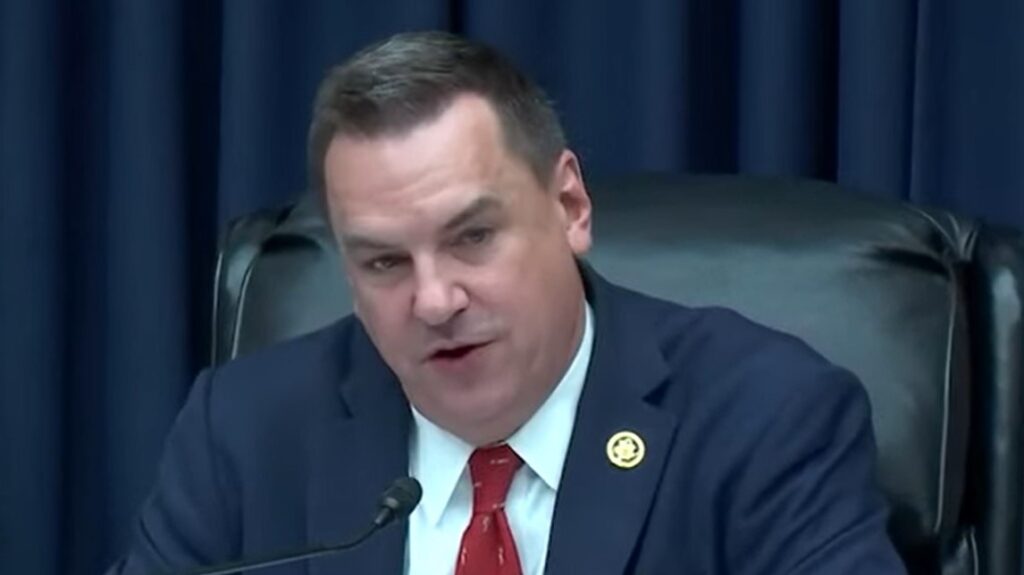Rosenworcel Seeks to Solidify Rules to Fund School Bus Wi-Fi
Randy Sukow
|

FCC Chairwoman Jessica Rosenworcel this week released a draft of a Report and Order and Further Notice of Rulemaking to set rules for universal service Schools and Libraries program (aka, E-Rate) funding for Wi-Fi connections outside of school and library buildings. She also put the item on the agenda for a vote at the next Commission open meeting on July 18.
Rosenworcel and Senator Edward Markey (D-MA), in a U.S. News and World Report opinion piece, complained about the expiration of the COVID-era Affordable Connectivity Program (ACP) in May. ACP provided discounts for low-income Americans connecting to the internet. Expanding the reach of E-Rate funding to internet connections could help some families maintain connections.
“[E-Rate] has helped support broadband in schools and libraries across America, and from the most rural parts of states to their city centers. Too often, though, that connectivity ends at the edge of a school or library building. We need a program that supports students and library patrons wherever they are, as technology and student needs have evolved significantly in the past 30 years,” Rosenworcel and Markey wrote.
Last year, the Commission adopted a Declaratory Ruling that schools and libraries could apply to use E-Rate funds to build Wi-Fi connections in places like school buses or mobile book mobiles, which serve educational purposes for students. However, the ruling ran into opposition from those who said that E-Rate for connections in the community duplicated other programs and expressly violated current E-Rate rules limiting connections to schools and libraries. The draft Further NPRM would “update” the rules, Rosenworcel said.
The Further NPRM draft includes language to reinforce the idea that E-Rate usage must have educational purposes. “With respect to schools, this means that the acceptable use
policy must state that the use must be ‘integral, immediate, and proximate to the education of
students,’” the draft says. “Similarly, for libraries, the acceptable use policy must clearly state that the use must be ‘integral, immediate, and proximate to the provision of library services to library patrons.’”
Also, to guard against waste and abuse, the draft says hotspot projects “that have already been reimbursed with other federal, state, Tribal, or local funding, or other external sources of funding” will not be eligible for E-Rate support.
On a parallel track, the Commission’s 2023 Declaratory Ruling is already the subject of a challenge in the U.S. Court of Appeals for the Fifth Circuit in New Orleans.
Update, July 18: An earlier version of this item misstated the title of the order. It is corrected above. The FCC adopted the order today.


